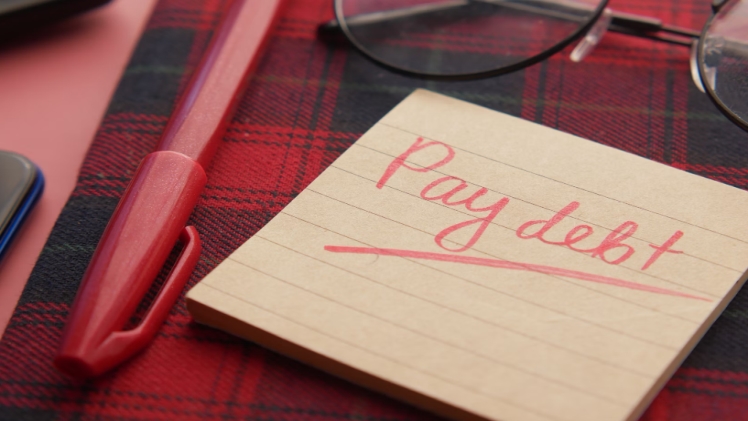The journey of life can be very unpredictable at times. Unforeseen financial challenges can arrive and leave you feeling completely overwhelmed and uncertain. For some, it is a sudden job loss, and for others, it can be any unexpected medical expense or increasing debts.
All these uncertain financial situations push you into a personal finance peril that can be a really stressful experience. However, there’s a solution to every problem. With careful planning and strategic decision-making, you can face these challenges and solve the problems you are facing.
That’s what we are here to help you with. Below in this guide, we will explore some practical steps to take if you find yourself in a personal finance crisis. Keep reading to find out.
1. Assess the Situation Honestly
The first step in addressing a personal finance crisis is to assess the situation honestly. It’s you who’s facing a financial crisis, and no one better than you can understand your situation. Take a close look at your financial situation, including income, expenses, debts, and assets.
Identify the root causes of the crisis, whether it’s a sudden loss of income, unexpected expenses, or poor financial habits. Understanding the full problem is important in devising an effective plan for recovery. It will help you get out of this crisis quickly.
2. Don’t Forget to Make a Budget
A proper and well-structured is the only thing that can financially help you in the long term. It can also help you in times of financial crisis. To start with, you will need to list down all of your income sources and then categorize your essential and non-essential expenses.
Prioritize necessary expenses such as housing, utilities, and groceries. Cut back on extra spending and identify areas where you can make immediate adjustments to lower your expenses. A realistic budget not only helps you manage your current financial situation but can also be the basis for future financial stability.
3. Consider Debt Consolidation
If you have multiple high-interest debts, debt consolidation may be the most appropriate option you have got. This involves combining multiple debts into a single loan with a lower interest rate. Debt consolidation can simplify your repayment process and reduce the overall cost of your debts.
However, it’s important to carefully evaluate the terms and conditions of any consolidation offer to ensure it aligns with your financial goals. For example, if you have multiple small loans to pay off, you can take out a personal loan to pay all those debts.
Sources like Lantern by SoFi can help you find bad credit loans that can help you pay off your other smaller loans. Be sure to know everything about these loans before you make a final call.
4. Explore Government Assistance Programs
In times of financial crisis, government assistance programs can provide valuable support. Explore programs that may be applicable to your situation. Some of these include unemployment benefits, housing assistance, or food assistance programs.
These programs are designed to provide a safety net during challenging times and can help lower immediate financial burdens. You can ask your creditors for information on such programs. They will guide you in the right direction for the program that best suits your current needs.
5. Build an Emergency Fund
While it may be too late to prevent the current crisis, building an emergency fund can still be important for future financial stability. Aim to save three to six months’ worth of living expenses in a dedicated emergency fund.
This fund will provide you with support in difficult times and reduce your likelihood of falling into a crisis again.

